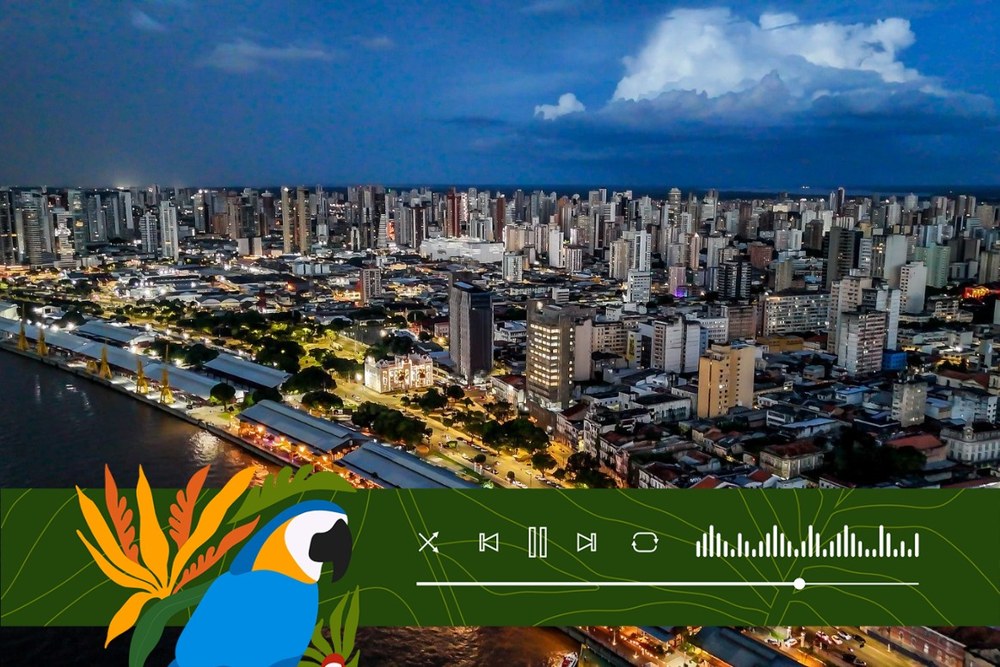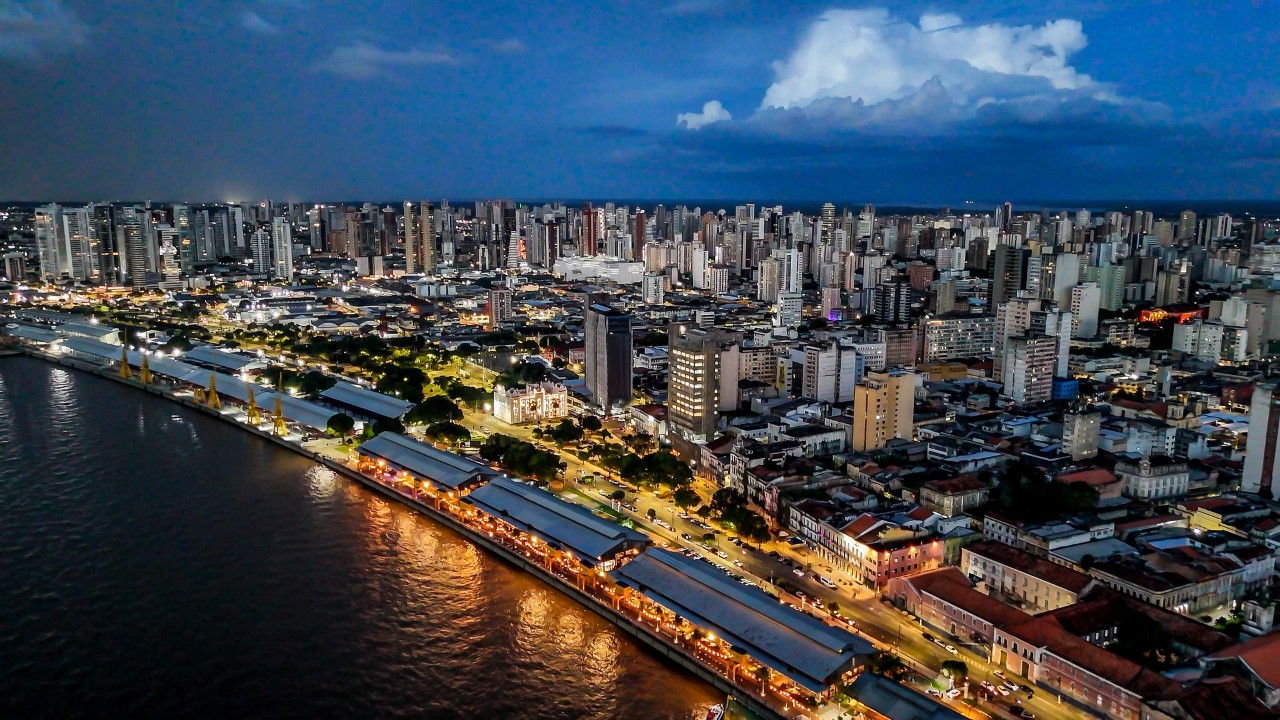COP30 Brasil Bulletin #05 - Security at COP30 will follow Brasil’s model for major international eventsd for COP30
Security forces will use the model applied at COP30 for the World Cup, the Olympics, and the G20, with agents protecting world leaders and the population in Belém. Operation includes cybersecurity, aerial and riverine control, ensuring integrated security. Listen to the full report to learn more.

Report: Leandro Molina / COP30 Brasil
Voice-over: Nycolas Verly
Reporter: With the expectation of welcoming over 140 heads of state and thousands of representatives from nearly every country in the world, the Brazilian government considers security for the COP30 United Nations Climate Change Conference, scheduled for November in Belém, Pará, an absolute priority.
This coordination involves federal, state, and municipal government agencies. According to Pedro Pontual Machado, deputy executive secretary of the Office of the Chief Staff (Casa Civil) of the Presidency of the Republic, preparations for security are progressing under an integrated model that has already been used for international events hosted by Brasil.
Pedro Pontual Machado: We hosted the World Cup, the 2016 Olympic Games, and we chaired the G20 presidency last year. We are currently chairing the BRICS. We operate within the same security paradigm. Security must be integrated. Many agencies are at work with complementary responsibilities, including the division of competencies that characterizes our federal system. In addition to federal agencies, we have state and municipal agencies, each with distinct yet complementary competencies.
Reporter: Regarding security personnel, Pedro Pontual drew a parallel with Brasil’s recent G20 presidency, which mobilized around 20,000 agents. Belém’s geography and natural features pose specific challenges for security planning. Rivers and streams cross the city, and much of its urban activity involves waterborne transportation.
Nilza de Oliveira, the Operations Director overseeing all COP30 operations, explains the challenges and progress in preparing for security, mobility, and infrastructure. At the head of a team, that coordinates everything from workforce logistics to solid waste management. Nilza de Oliveira emphasizes the complexity of ensuring that all essential services operate simultaneously.
Nilza de Oliveira: All security agencies are involved, and the framework is ready. We are now beginning to plan operational tactics. We will start holding workshops to refine these tactical plans. More importantly, everything must be coordinated across all forces. Having separate tactical plans for the Ministry of Defense, the Federal Highway Police, or the State Government is useless if they do not communicate with each other.
Reporter: The impact of the event on Belém’s routine and mobility has also been studied. The plan includes dedicated bus hubs for delegates to reduce pressure on public transportation. Although some roads will be closed, especially during the arrival of world leaders, the goal is to maintain the city's basic functioning, as director Nilza de Oliveira explained.
Nilza de Oliveira: The infrastructure department is developing a mobility plan, but it is not for the city; it is for COP.” The goal is to make everything work. For example, we want to operate bus hubs for COP delegates. Will residents still have access to public transportation? Yes, they will! The infrastructure team is developing this plan. We also have services to provide—we will have two ships in Outeiro—so this possibility needs to be incorporated into the plan as well. All this is being built, thought out and planned.
Reporter: Daniel Joseph Lerner, project manager of the Special Secretariat of COP30 (SECOP) by the Office of the Chief Staff (Casa Civil), is leading the coordination of the security and health sectors of the event. Daniel Lerner says the focus is not only on protecting heads of state and UN representatives, but also on ensuring the safety of the thousands of delegates involved in the climate negotiations, as well as the safety of the entire city of Belém.
Daniel Joseph Lerner: Our concern is to avoid creating an atmosphere of an overbearing security presence. On the contrary, we want an atmosphere of welcome and freedom—that is the spirit of COP and one of the reasons it is being held in Belém. As Special Secretary Correia said, this will likely be the safest place in the world.
Reporter: With a robust, integrated operation based on transparency and respect for civil rights, COP30 security is being designed to ensure that the event runs smoothly, democratically and efficiently, consolidating Brasil's image as a benchmark in the organization of major international conferences.
English Version: Trad. Bárbara Menezes
Proofreading by Enrique Villamil


